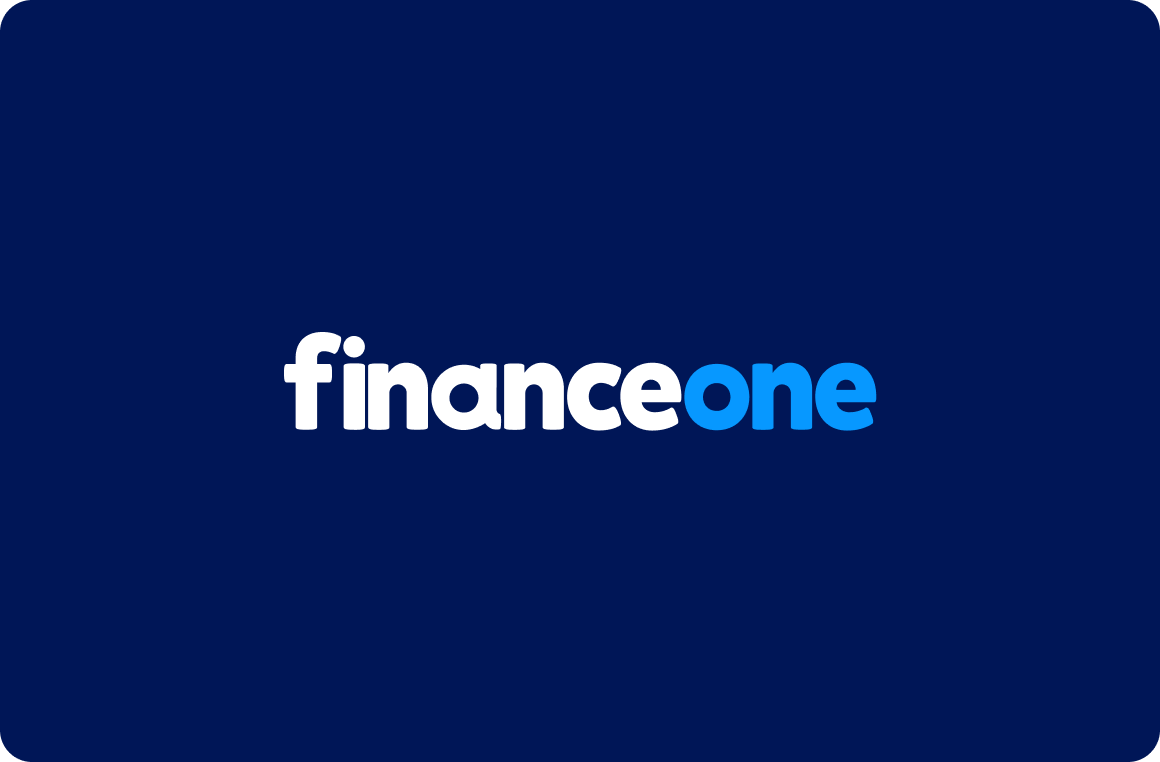Choosing a lender can be a daunting task. Cut through the confusion and find out how to choose a lender that will be the best for you.

Commercial, Consumer, Stories
What to look for when choosing a lender?
Pretty much everyone borrows money at some stage in their lives. When you need a loan for a car, a trip or to consolidate your debts, it is important to know how to choose a lender.
Just to be clear, the lender is the financier whose money you will be borrowing and who you will ultimately need to pay back - so finding the right fit is vital.
There is a huge array of lenders to choose from in Australia, from non-bank lenders, credit unions and building societies, to the big banks. With this in mind, let’s break it down so you find it easier to choose wisely.
How to choose a lender: consider reputation and reliability
First of all, you should always borrow money from an organisation that is reputable and reliable.
When researching different lenders, look into their reputation and reviews. The easiest way is to investigate independent reviews. Make sure you read all reviews, the good and the bad. Look closely at the moderate reviews; these will often give you a spread of the good and bad points.
Websites like productreview.com.au, trustpilot.com, and choice.com.au are all a great place to start your research.
Take a look at the lender’s website as well. They should have one that looks professional and has relevant information such as an Australian business number (ABN) and an Australian Credit Licence number (ACL) if they do consumer loans.
Interest rates and repayments
Interest rates and repayments are two big factors when deciding how to choose a lender.
You may be looking for the lowest interest rates, lowest fees or most reasonable and flexible repayment terms. However, these factors are not the be-all and end-all. There are also good reasons to choose a lender whose interest rates may not be the lowest. Perhaps they are the lender that you are already working with and refinancing through them is more convenient.
When it comes to interest rates or repayment terms, deals that seem too good to be true often are. If a lender’s deals are so much cheaper than the competition, this can be a red flag. For example, there may be no option to pay your loan out early (or without a fee), or the initial low rate may jump up to be unreasonably high after a brief honeymoon period. Do your research and don’t take on a loan without reading and understanding the contract thoroughly.
Customer Support
Another factor that makes deciding how to choose a lender more simple is customer support. Paying just that bit extra on interest rates can be well and truly worth it for a lender that will pick up the phone and talk to you when you need them.
Anyone who has spent time trying to get through to an unhelpful lender will attest that this can be a real deal-breaker. A good lender will work with you and be helpful and compassionate when you call, not rush you off the line. The best lenders will have a support team who will work with you to find a loan that meets your needs.
Early pay out terms
If you have found several lenders that are ticking all of these boxes above, the next factor is whether they have an early pay out option (without applicable fees).
Being able to pay off your loan sooner rather than later can save you thousands in interest. The more interest you pay, the more you are paying above the initial sum advanced.
Flexibility
Finally, advice on how to choose your lender can be summarised by combining most of the factors above into one word: flexibility.
Your ideal lender will be flexible in repayments, interest rates, and ultimately be able to customise your loan depending on your circumstances. This will make life much easier, especially if you are aware you don’t meet most lenders’ one-size-fits-all criteria.
Finance One is a non-bank lender that helps borrowers choose the right loan. Contact us to discuss the finance options that may be suitable for you.
Disclaimer: The information above is of a general nature only and does not consider your personal objectives, financial situation or particular needs. You should consider seeking independent legal, financial, taxation or other advice to check how the information relates to your particular circumstances. We do not accept responsibility for any loss arising from the use of, or reliance on, the information.
*24-48 hour approvals are subject to satisfactory documentation being provided to assess the application. **Normal lending criteria, terms & conditions and fees & charges apply. ^Early repayment fees may apply. Please refer to your loan terms and conditions or contact us to confirm if an early payout fee applies to your loan.


